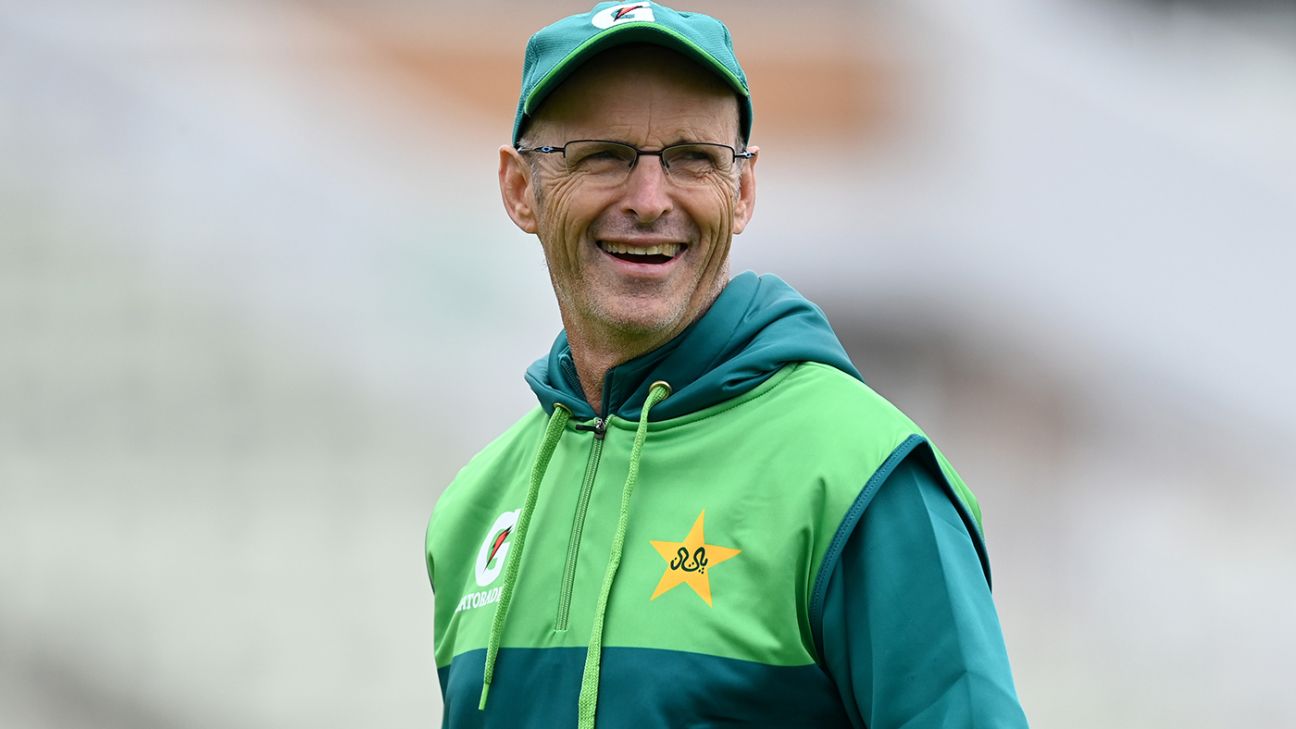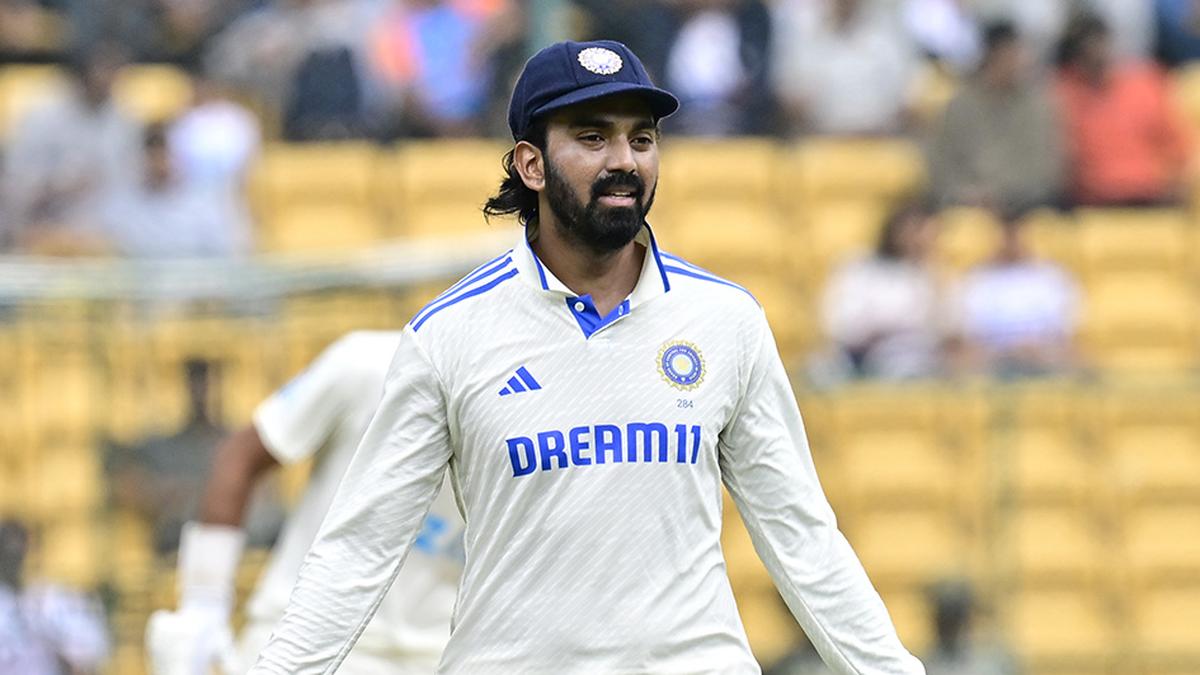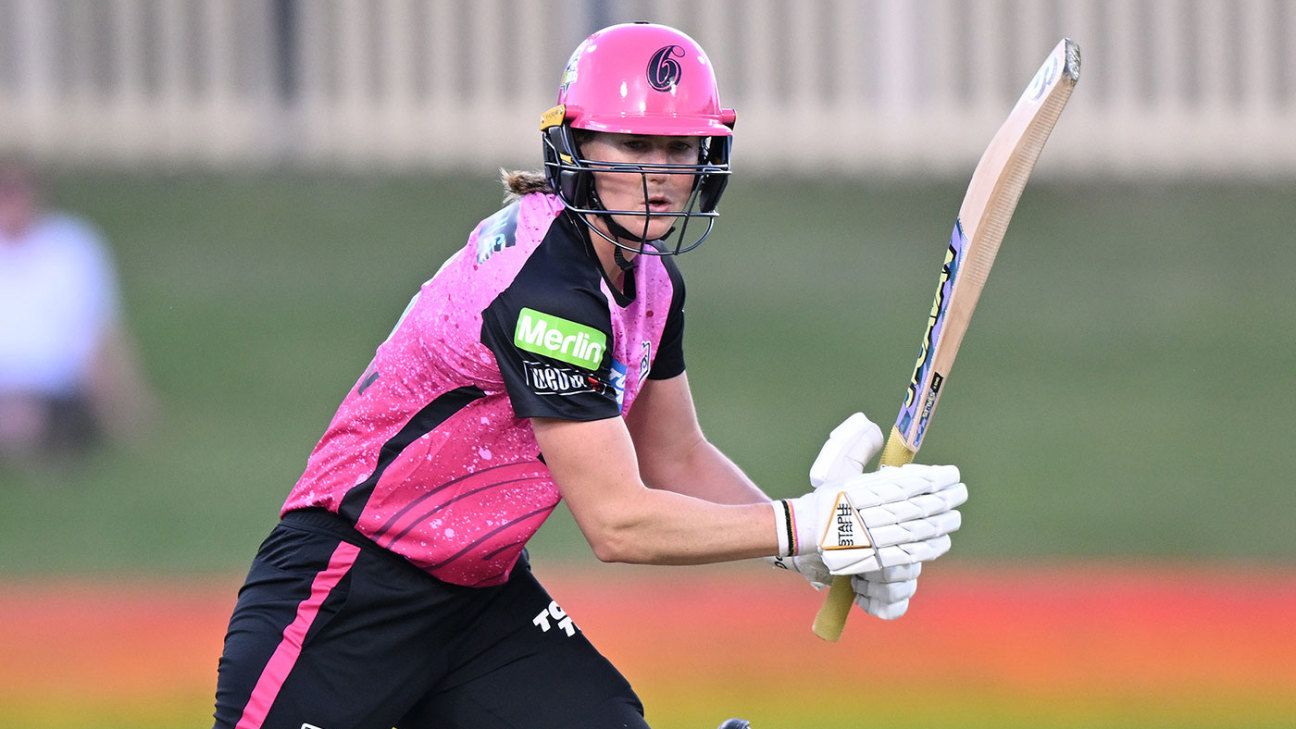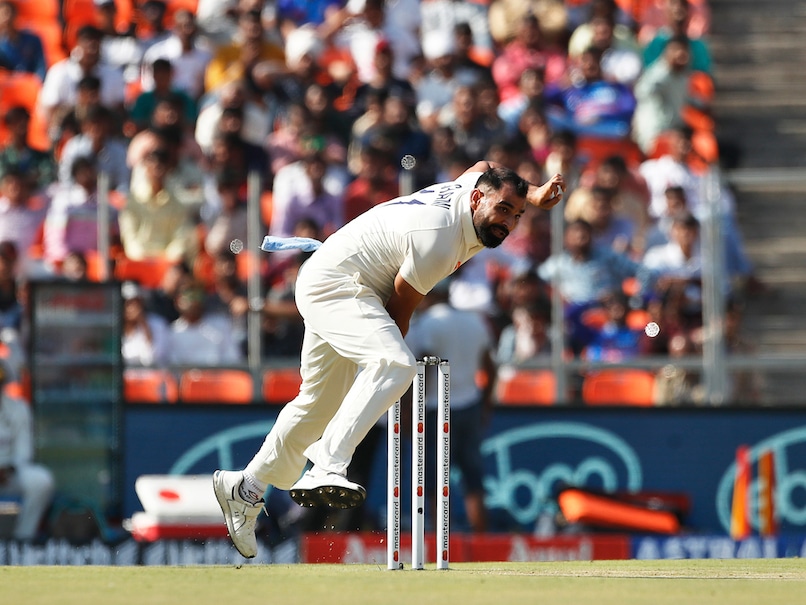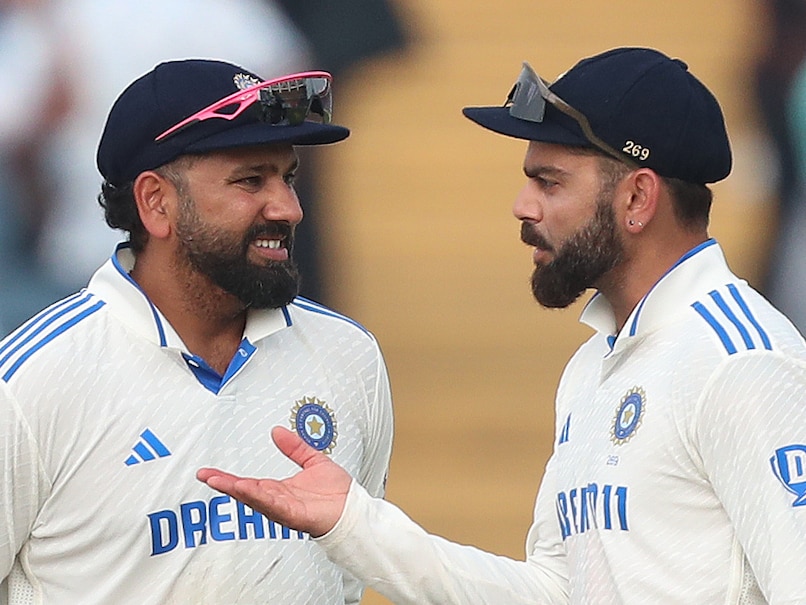Pakistan cricket has been thrown into turmoil once again following the abrupt resignation of head coach Gary Kirsten. The former World Cup-winning coach departed just six months into a two-year contract, leaving the team without a permanent coach on the eve of their white-ball tour of Australia.
Kirsten’s departure has raised concerns about Pakistan’s ability to attract high-profile international coaching candidates in the future. Former PCB chairman Ramiz Raja believes the hasty nature of Kirsten’s exit could deter prospective coaches from considering the role.
“When you search for international coaches, with the kind of backlash that you will probably get from Gary Kirsten’s resignation…it’s not going to be an easy, straightforward job for Pakistan to hire international talent,” Raja said.
The PCB has faced criticism for its handling of the coaching situation. Kirsten and Jason Gillespie, Pakistan’s Test coach, were stripped of their selection powers after the team’s first Test defeat against England. This decision reportedly led to a rift between the coaches and the board.
Gillespie, who will take over as interim white-ball coach for the Australia tour, has also expressed dissatisfaction with the recent changes. A new selection panel, including umpire Aleem Dar, has been formed, raising questions about the board’s decision-making process.
“I don’t know about an umpire being a selector, so the jury is still out,” Raja said. “I still believe there’s a strong role for a leader in cricket. You can’t run cricket from the sidelines.”
Pakistan will arrive in Australia with a new white-ball coach and captain. Mohammad Rizwan has taken over the captaincy from Babar Azam, who recently resigned. Rizwan will lead a relatively inexperienced squad against a formidable Australian team.
“He’s got his chance and what he needs to do is to stamp his authority and maybe get the players that he wants,” Raja said of Rizwan. “Right now, there’s a little bit of hodgepodge where the selection committee is nominating the playing XI.”
Raja called for “quiet and calm” within Pakistan cricket, emphasizing the importance of a stable environment for the team’s success.
“I think it’s important for all the stakeholders to understand the value of a non-controversial start to what appears to be an extremely heavyweight calendar,” he said.

